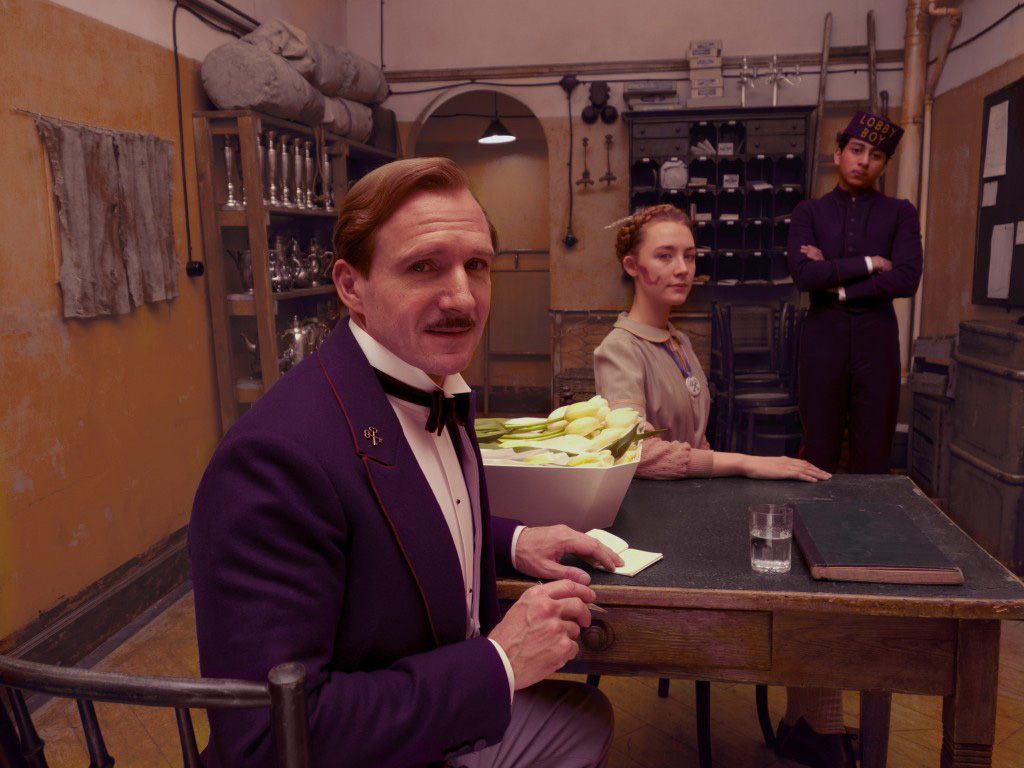‘The Grand Budapest Hotel’ review
By Jerrison Oracion, Columnist
4/5
The more films Wes Anderson makes, the more period pieces he takes on. His latest film, The Grand Budapest Hotel, takes place in the 1960s and the 1930s as it follows a fictional memoir by an author named Author.
The film begins with Author (Jude Law) in the Grand Budapest Hotel in Zubrowka in 1968 having dinner with the hotel’s owner, Zero Moustafa (F. Murray Abraham). Moustafa tells Author a story about himself in 1932 when he (with Tony Revolori playing Moustafa as a young man) worked in the hotel as a lobby boy with his boss and surrogate father, Gustave H. (Ralph Fiennes).
When Gustave is accused of murdering his former lover, Madame D. (Tilda Swinton), he and Zero try to prove his innocence and convince the police that he did not murder her.
Though the film is stacked with superb performances, a few of the highlights include Saoirse Ronan, who plays Zero’s girlfriend Agatha, and Harvey Keitel, who plays Ludwig.
The film is based on various stories by Stefan Zweig and has everything that you would expect in a Wes Anderson movie, including a lot of surprisingly violent scenes.



